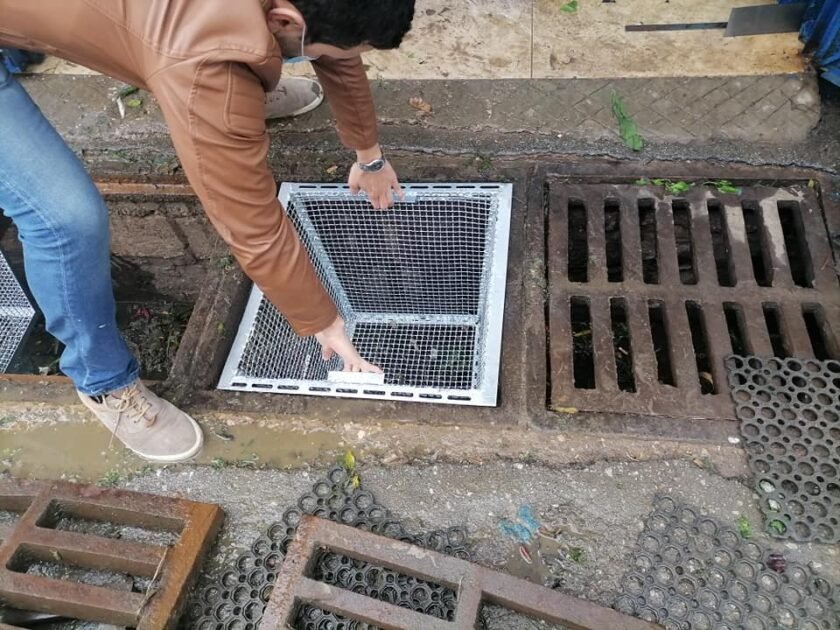The long-anticipated Costa Coralis tourism and development project in Tabarka, northwestern Tunisia, is edging closer to reality, with final approval now pending from several state authorities. Following preliminary green lights and feasibility studies conducted by global consultancy firms such as Deloitte, the project awaits validation from a web of ministries, including those responsible for Infrastructure, Environment, State Property, and Territorial Affairs.
Stretching across 140 hectares of prime coastal land in the Jendouba governorate, Costa Coralis is poised to become a flagship development in Tunisia’s tourism sector. But the process is proving anything but simple.
“There are many entities involved,” said Khalfaoui, board member of Haifa for Development and Investment (Haifa HDI), the company behind the initiative. He emphasized the administrative complexity delaying progress, despite the project drawing significant national and international interest.
According to Haifa HDI, several major corporations and investment groups have already issued letters of intent signaling their readiness to participate in the project, described as an “integrated tourism and development initiative.” Costa Coralis is expected to include luxury accommodations, eco-tourism zones, and infrastructure aimed at revitalizing the region’s economic landscape.
Conceived in December 2016, the project is the result of a collective effort led by local Tunisian investors and backed by regional stakeholders. Haifa HDI was created specifically to manage and implement Costa Coralis, which could become a model for regional development in Tunisia’s underserved northwest.
Tabarka: A Historic Port City with Untapped Potential
Located near the Algerian border, Tabarka is a Mediterranean coastal town historically known for its coral-rich waters and maritime trade. Founded by the Genoese in 1542, the city once thrived as a coral fishing and commercial hub.
Its turbulent history includes the raids of the Crumiri tribe in the late 19th century, which destabilized the region and played a role in prompting France’s 1881 military intervention, eventually turning Tunisia into a French protectorate.
Today, Tabarka’s rugged coastline, cultural heritage, and natural beauty position it as a prime destination for high-end tourism. If Costa Coralis moves forward, it could mark a transformative chapter for the region—bridging its historic identity with a modern, sustainable future.
TunisianMonitorOnline (Editorial Staff)




